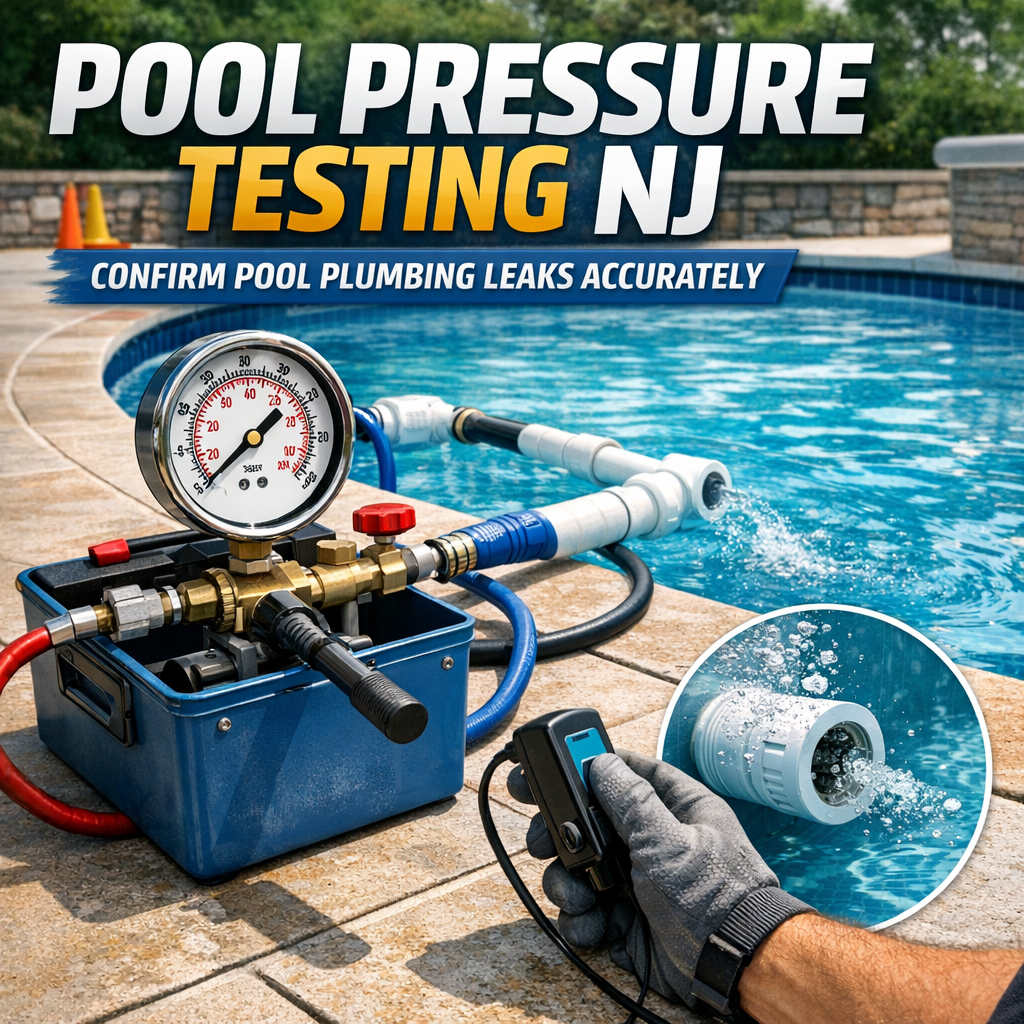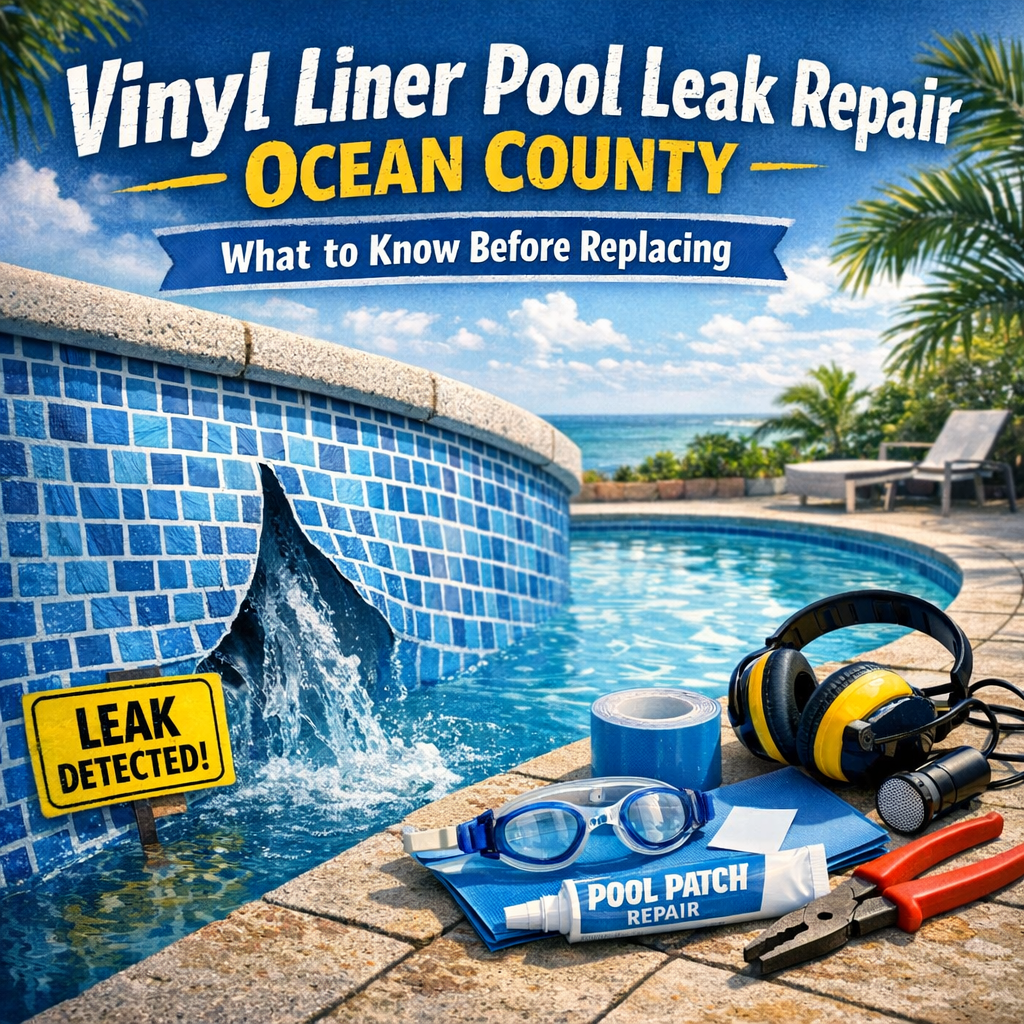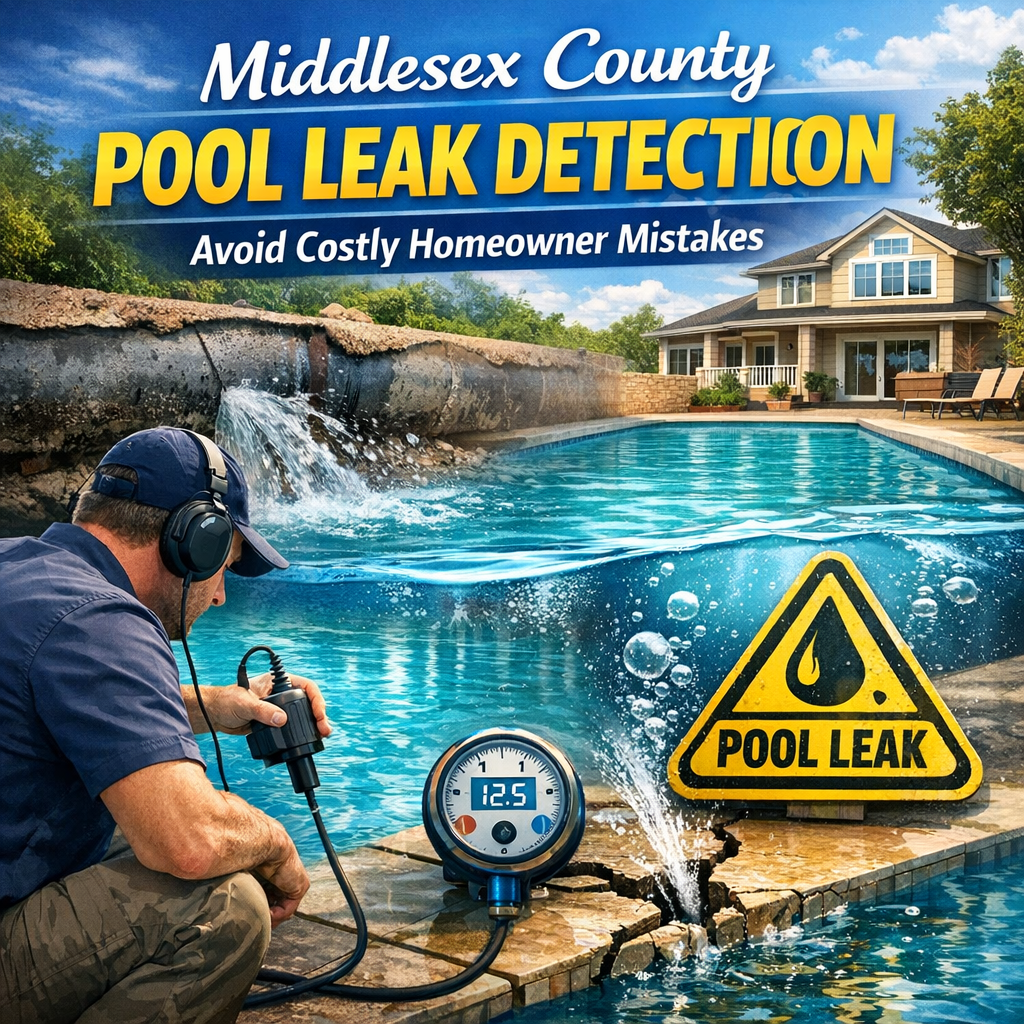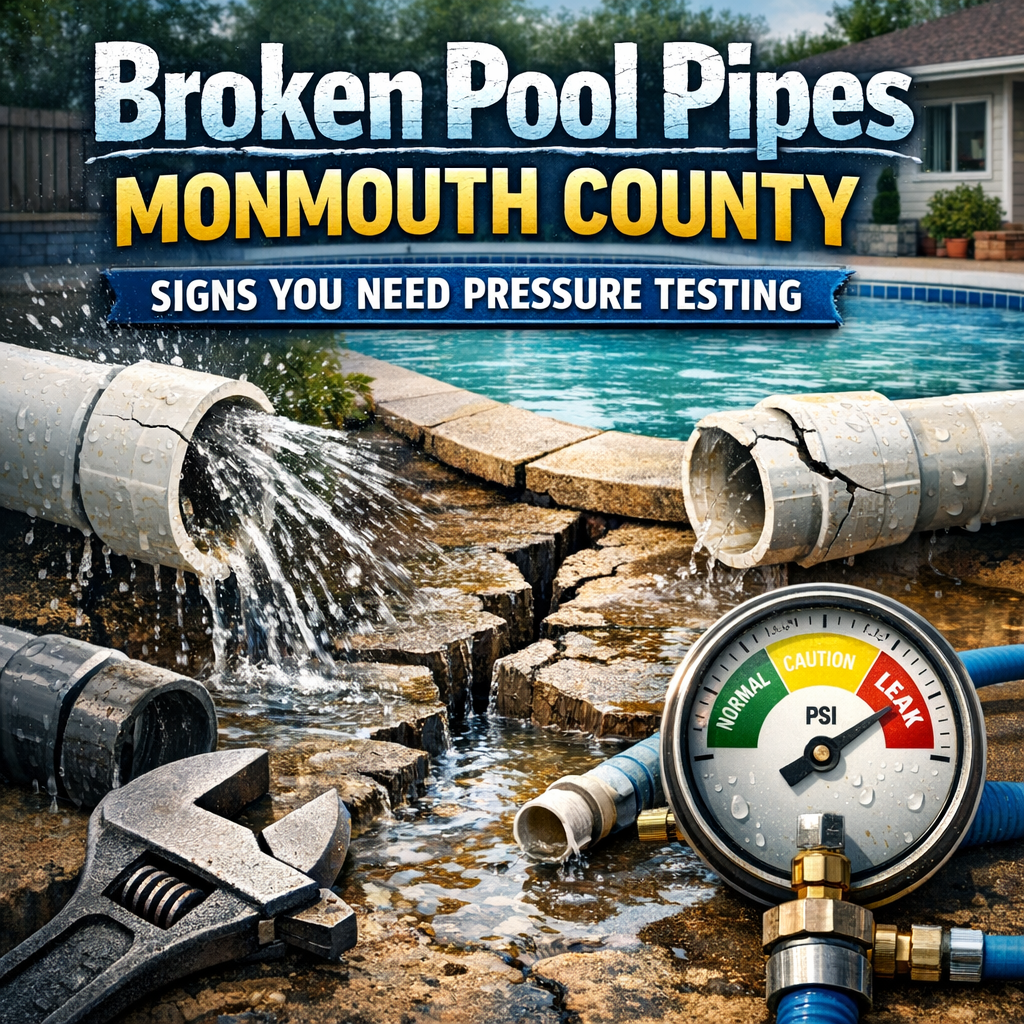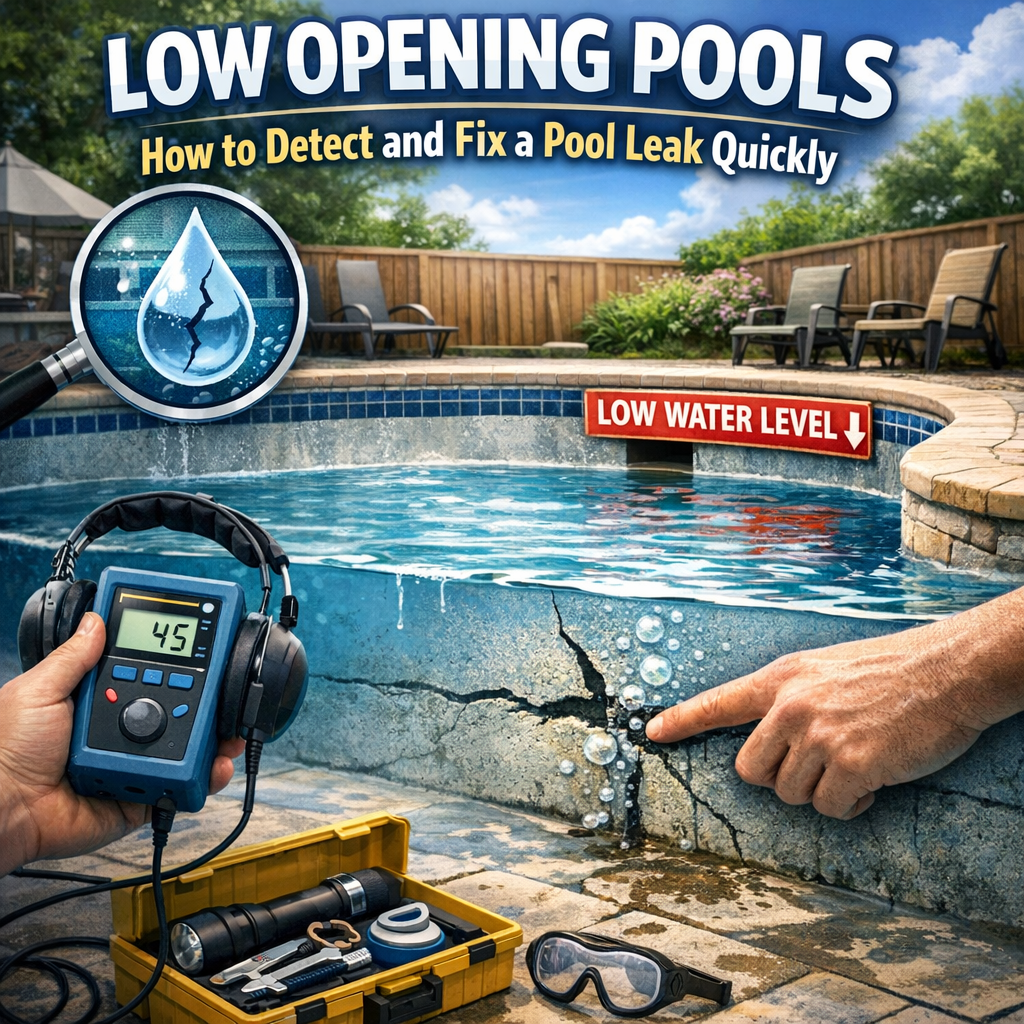Winter wind storms can significantly impact outdoor swimming pools, especially in regions like Neptune City where harsh weather conditions are common. Many pool owners notice an increase in leaks and structural issues following these storms, leading to concerns about maintenance and potential damage. Understanding the underlying reasons why pools tend to leak more after winter wind storms is essential for effective prevention and repair. This article explores the effects of winter storms on pool structures, the common causes of increased leaks, and the preventative measures that can help safeguard pools during and after such severe weather events.
Understanding the Impact of Winter Wind Storms on Pool Structures
Winter wind storms exert intense pressure on outdoor pool structures, often causing physical stress that can compromise their integrity. The high winds can lead to rapid temperature fluctuations, which cause the pool materials—such as concrete, vinyl, or fiberglass—to expand and contract. Over time, this repeated movement can create cracks or weaken joints and seals. Additionally, debris carried by storm winds—like branches, leaves, and dirt—can strike the pool surface or clog drainage systems, leading to possible damage or water intrusion. The combination of physical force, temperature changes, and debris accumulation during winter storms creates a challenging environment that can accelerate wear and tear on pool structures, making them more susceptible to leaks once the storm has passed.
Common Causes of Increased Leaks in Neptune City Pools Post-Storms
After winter wind storms, several factors contribute to the increased likelihood of leaks in Neptune City pools. Cracks formed from the expansion and contraction cycle during extreme temperature changes are a primary cause, especially if the pool was already aging or poorly maintained. Debris and dirt accumulation around fittings, seals, and joints can lead to corrosion or deterioration, creating pathways for water to escape. The impact of debris hitting the pool surface or components can also cause punctures or dislodgement of parts, resulting in leaks. Moreover, the added pressure from water displacement due to debris buildup or ice formation can stress the pool shell and plumbing connections, further increasing the risk of leaks after storms. These factors combined make post-storm pools more vulnerable and highlight the importance of timely inspection and repairs.
Preventative Measures to Minimize Pool Leaks After Winter Storms
To protect pools from increased leaks following winter wind storms, proactive maintenance is essential. Regularly inspecting the pool for cracks, loose fittings, or damaged seals after storms can help identify issues early. Installing protective barriers or covers during the winter season can prevent debris from accumulating and causing damage. Ensuring that all seals, joints, and fittings are properly sealed and reinforced before winter can reduce the risk of leaks developing from temperature fluctuations or debris impact. Additionally, draining the pool slightly to prevent ice formation and pressure buildup, and removing debris promptly after storms, can minimize stress on the pool structure. Employing professional inspections and repairs after severe weather events can significantly extend the lifespan of the pool and maintain its water integrity, reducing costly leaks and repairs over time.


